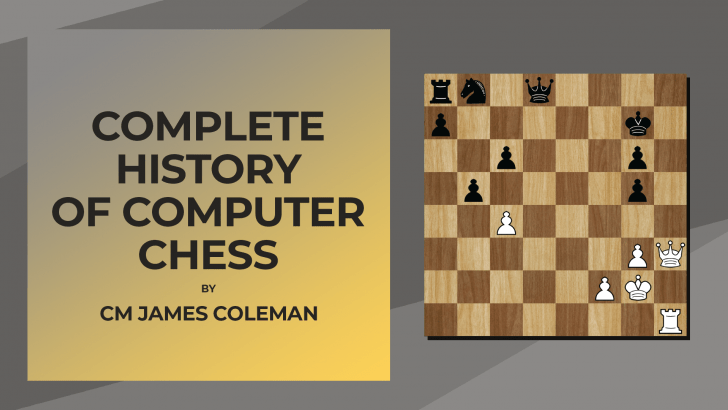The Complete History Of Computer Chess
Updated for the age of Neural Nets!
How did chess computers begin to dominate the world?
Join CM James Coleman on a complete history of chess computers! Learn how they first became competitive with strong human opposition, through their ascendence to 3000+ Elo performance.
- How did engines first become competitive with strong human players?
- What happened when engines challenged the world champion?
- How have engines changed in recent years?
- Can humans still stand a chance against machines?
